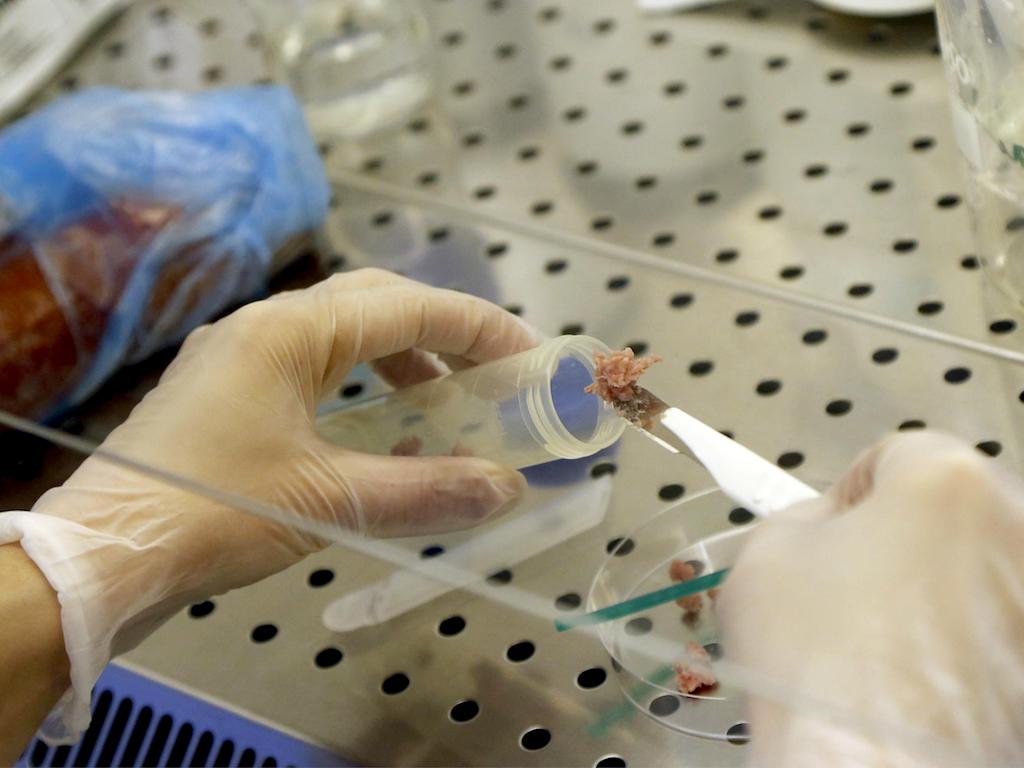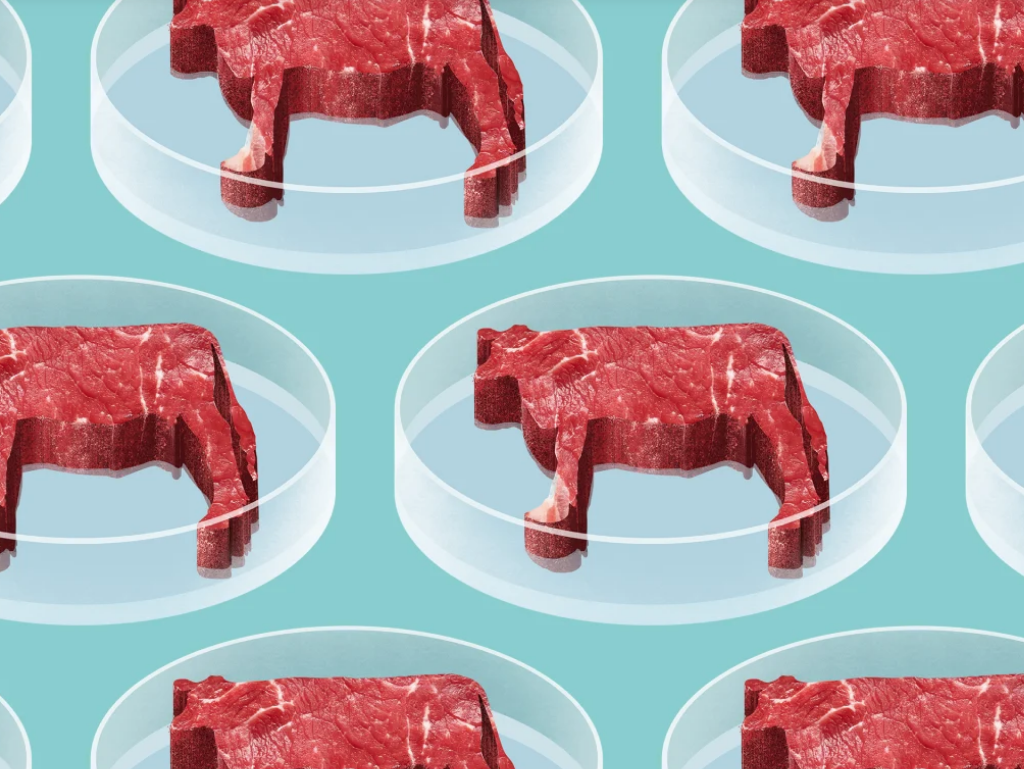4 Mins Read
In a joint webinar with the United States Department of Agriculture (USDA) and the Food and Drug Administration (FDA), officials in the U.S. revealed that they will be working together to launch the rule-making process for the labelling of cell-cultured products. Industry watchers have been eyeing the development of regulatory requirements, which is widely seen as a crucial milestone for the sector to get to market.
During the virtual conference hosted in late July this year, officials from the USDA and the FDA discussed the roles and responsibilities for cultured animal cell food products. They said that they would work together to create joint principles to govern the labelling of such products under their respective jurisdictions – the FDA has the authority to govern the seafood industry, while the USDA governs the livestock and poultry industry.
Without establishing any firm timetable for the rule-making process, Matthew Michael, a director at the USDA’s food safety and inspection service (FSIS), said: “These principles will aim to eliminate any confusion among consumers,” and added that it will “ensure that labelling is truthful and not misleading”.
Michael commented further: “As with all rule-making, public comments will be solicited and considered in the development of labelling requirements for these products.”
These principles will aim to eliminate any confusion among consumers…[and] ensure that labelling is truthful and not misleading.
Matthew Michael, Director at the USDA FSIS

This means that as with meat and poultry labelling laws for conventional products under the USDA’s jurisdiction, all product labels for cell-cultured meat and poultry products will have to be subject to pre-approval from the FSIS authorities. These comments come a few months after an Alliance for Meat, Poultry & Seafood Innovation made up of 5 cultivated food tech companies was established in February to work with U.S. governmental bodies to determine regulation and labelling policies for cell-based meat.
Speaking to FoodNavigator about the rule-making process, Brian Sylvestor, a special counsel at law firm Foley & Lardner LLP said that he is hopeful that the regulations can be drawn up in time for cultivated meat to finally reach consumers.
“Rule-making certainly takes time,” Sylvestor explained. “But considering the record speed with which the regulators have moved so far in this space, I am cautiously optimistic that this rule-making process will not impede the anticipated timeline for commercialisation of these products.”
Non-profit organisation promoting the alternative meat industry, the Good Food Institute (GFI), on the other hand, urged officials to launch the process as quickly as possible in order to prevent regulations from halting the much-needed disruption that the arrival of cultivated meat products will bring.
I am cautiously optimistic that this rule-making process will not impede the anticipated timeline for commercialisation of these products.
Brian Sylvestor, Special Counsel at Foley & Lardner LLP
At the core of our current broken food system is animal agriculture, which scientists have long said is a leading cause of climate change. Globally, the animal livestock industry is responsible for 18% of global greenhouse gas emissions – more than all transportation combined – and is the world’s largest user of land resources, driving deforestation, mass biodiversity loss and soil erosion.

While plant-based products have already been steadily rising in popularity with mainstream consumers, particularly as issues of sustainability, crisis-resilience, health and food safety become top-of-mind priorities amid the coronavirus pandemic, which has wreaked havoc on meat supply chains, many believe that the introduction of cultivated meat products is necessary to accelerate the transition into a sustainable food system.
“If USDA proceeds, we would urge them to move expeditiously so that producers of cultivated meat and poultry have clarity as they plan to bring their products to market,” Elizabeth Derbes, associate director of regulatory affairs at the GFI told FoodNavigator.
Other government agencies across the world are also looking to draw up regulatory guidelines for the burgeoning cell-based food industry. In July, Japan’s Agriculture, Forestry and Fisheries Ministry announced that it is now looking to establish new rules and regulations for meat alternative products developed using new food technologies such as cellular agriculture and plant-based proteins.
It came after the Chinese national advisory body discussed cell-based meat development as a potential key to ensuring the future of China’s protein supply.
Lead image courtesy of Jim Cooke/Gizmodo.




